 Sexual exclusivity was regarded as a commodity. As such, it commanded a price, which could be haggled over in the marriage negotiations.
Sexual exclusivity was regarded as a commodity. As such, it commanded a price, which could be haggled over in the marriage negotiations.
Today, there is still a tradition in Western society for the groom to ask his prospective bride's father for her hand in marriage. During the wedding ceremony, the father 'gives the bride away'.
Gold is symbolically exchanged in the form of wedding rings. There is an expectation that the bride's father will also pay for the costs of the service and reception.
These norms contain the remnants of what was once a firmly financial transaction. The two men meet, not to bless a marriage in words, but to discuss hard cash.
For sale! One daughter with her virginity intact! This will be proved on the night of the wedding, when sex causes the bride's hymen to break for the first time. A few spots of blood will be the visible result.
The bride's father will ensure that his daughter is at the altar, ready to swear an oath before God (a situation of great power in Medieval times). Those vows maintain sexual exclusivity during the marriage itself.
All of this is why marriages aren't seen to be legal until they've been consummated. The words in the church are pretty much a promise to enter into this contract. The sexual act itself was the contract. That was the moment when the groom committed 'marito', thus taking possession of what he'd paid for.
And the payment? That's largely out of fashion these days in the West. It was the bride price. As a wife, she would owe her loyalty and allegiance to her husband, not to her father. In many ways, and at its most crude, the bride price was compensation for the loss of her labor and loyalty within her birth family unit.
It was also the groom displaying his own wealth to the father. He was called the suitor. That comes from Old French again. It meant 'follower or attendant', but within a very specific sense. We'd think of it more as someone who looks after a baggage train now. Suitors provided suits. Think three piece suite - furniture; suit - clothing; penthouse suite - posh living quarters; or en suite - adjoining rooms.
The prospective groom would 'press his suit'. Today, as back then this means to ask for a marriage. But back then, he really did need to have a lovely suitcase full of goodies. This was the bride price that he was going to give away to her father.
If he could afford that much to marry her, then he could keep her and her children comfortably too. If the bride price wasn't big enough, then the father was within his rights to turn the man down in favor of a wealthier one.
Bride price may have largely gone away in the West, but the traces remain. There's still a vague expectation, fading now in post-Feminist society, that the husband will be the bread-winner. He has to pay maintenance after a divorce and for his children.
There's also the high cost of an engagement ring. It's usually the woman who wears it. It's traditionally the most expensive item of jewelry she will ever possess. It's the modern day equivalent of the bride price being paid.
Upon receipt, she has entered into a betrothal - a pledge to enter the contract. In short, her services have been engaged and payment made.



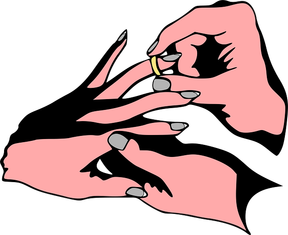 Marriage is not really that old. As a word applied to a specific union, it's only been around since about 1250 BCE. In terms of the whole of human history, that's practically a blink of the eye.
Marriage is not really that old. As a word applied to a specific union, it's only been around since about 1250 BCE. In terms of the whole of human history, that's practically a blink of the eye. 


 When a baby is born, we all know who the mother is. She was the one previously heavily pregnant and recently screaming in child labor. All good.
When a baby is born, we all know who the mother is. She was the one previously heavily pregnant and recently screaming in child labor. All good.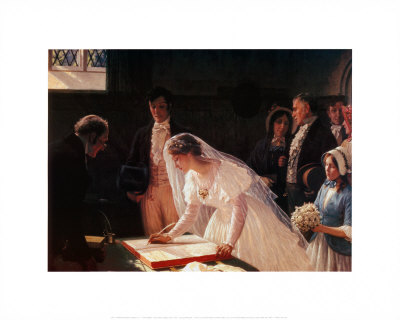

 Sexual exclusivity was regarded as a commodity. As such, it commanded a price, which could be haggled over in the marriage negotiations.
Sexual exclusivity was regarded as a commodity. As such, it commanded a price, which could be haggled over in the marriage negotiations.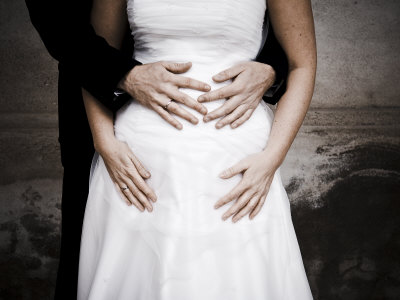
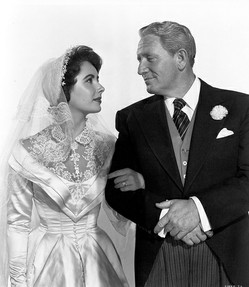 So far it's all been so very mercenary. It's been a far cry from the romantic ideal usually associated with modern day marriages.
So far it's all been so very mercenary. It's been a far cry from the romantic ideal usually associated with modern day marriages. 


 Marriage in the Medieval sense is all about having children. It's the state in which a woman may legally give birth.
Marriage in the Medieval sense is all about having children. It's the state in which a woman may legally give birth.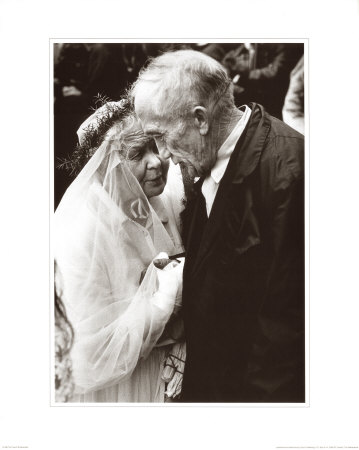


 St Tydecho's Churches in West Waleson 09/03/2014
St Tydecho's Churches in West Waleson 09/03/2014
 Goodies for an Outlander Premiere Partyon 03/06/2015
Goodies for an Outlander Premiere Partyon 03/06/2015
 Holocaust Memorial Day Interview with Rainer Höss, Grandson of Rudolf Architect of Auschwitzon 01/24/2015
Holocaust Memorial Day Interview with Rainer Höss, Grandson of Rudolf Architect of Auschwitzon 01/24/2015
 Romantic Valentine Gifts for an Outlander Fanon 01/16/2015
Romantic Valentine Gifts for an Outlander Fanon 01/16/2015


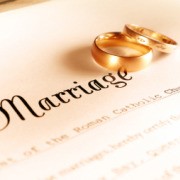
Comments
I hope that you enjoy it.
Thank you for reading it. Begating is what it's all about!
thanks i love this article. It gives me insight into the bible without the tiresome task of having to plough through it. I read Genesis, the gospels and Revelations once and that was quite enough 'begating' for me
Thank you very much.
Great idea for article, and so well written. Fantastic info.
Yes, the prologue is about him drinking in an Irish pub in Bucharest on St Patrick's Day. He ends it with the fact that he's going to spend the next in Ireland. Then the travel book begins.
It's an hilarious book. I really do recommend it. I just wish I knew the name of the pub!
Edit: Oh no! I've found the opening pages on-line. It was Budapest, not Bucharest. :( I'm so sorry!
We have many Irish pubs in Bucharest now but none called McCarthy's or Pete's Bar. I googled it and there's a McCarthy's Irish Pub in Toronto, though. But I see the book is a travel book about Ireland. Are you sure it starts in Bucharest? :)
I know precisely the pub! The book McCarthy's Bar begins in Bucharest! http://www.amazon.co.uk/McCarthys-Bar... He spends St Patrick's Day in it. It'll be called McCarthy Bar or Pete's Bar or something of that ilk.
Unfortunately I don't still have the book to check for you. It was so good! I sent it to my friend in Meath though. :(
Thanks, Jo! I think you have inspired and are inspiring lots of people! Case in point: I'm going to an Irish pub for St. Patrick's Day :D. Went to Irish pubs here in Bucharest in the past but never for St. Patrick's. You wrote one seriously inspiring article on the topic so now I'm looking to buy a seriously green shirt and scarf :>
The royal families still pretty much have this going on. At least us commoners get more choice in the matter!
I'm looking forward to your review; and I'm glad to have inspired something. :)